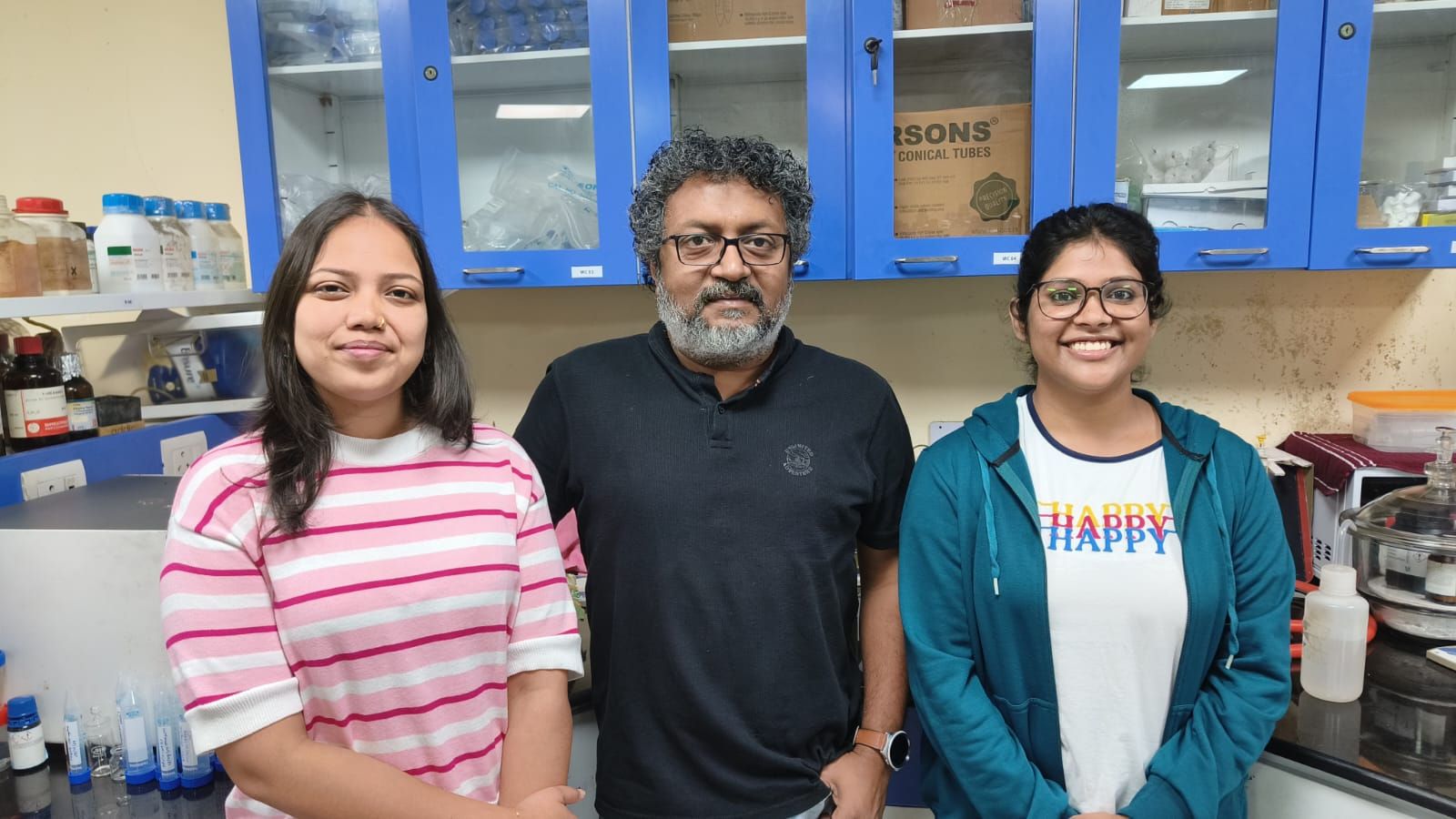Breakthrough in Cancer Treatment: IIT Guwahati Scientists Develop Advanced Injectable Hydrogel

A team of scientists from the Indian Institute of Technology (IIT) Guwahati and Bose Institute Kolkata has made a groundbreaking discovery in the field of cancer treatment, developing an advanced injectable hydrogel that can target breast cancer with unprecedented precision.
The innovative hydrogel-based therapy delivers anti-cancer drugs directly to tumour sites, significantly reducing the side effects typically associated with conventional cancer treatments. Unlike surgery, which is not feasible for internal organs, and chemotherapy that often results in harmful side effects, this new treatment allows for targeted delivery of medication, minimizing its impact on healthy tissues.
The hydrogel, composed of ultra-short peptides, is designed to remain insoluble in biological fluids, ensuring it stays localized at the injection site. It responds to elevated glutathione (GSH) levels, a molecule abundant in tumour cells, and triggers a controlled drug release directly into the tumor, reducing systemic side effects.
In preclinical trials, the team tested the hydrogel on a murine model of breast cancer and showcased remarkable efficacy. Within 18 days, a single injection of the hydrogel that was loaded with the chemotherapy drug Doxorubicin led to an approximately 75% reduction in tumour size, without causing detectable side effects on other organs.
The development of this innovative delivery system enhances the effectiveness of the drug while reducing the required dosage, thereby minimizing toxicity. The team also noted that further laboratory studies demonstrated that the hydrogel improves drug uptake by cancer cells, induces cell cycle arrest, and promotes programmed cell death, attacking tumours on multiple fronts.
This breakthrough innovation is set to revolutionize the field of cancer treatment, offering precision and effectiveness where it is needed most. Prof. Debpratim Das, Department of Chemistry at IIT Guwahati, hailed this work as exemplifying the potential of scientific innovation in directly addressing pressing needs in cancer treatment.
